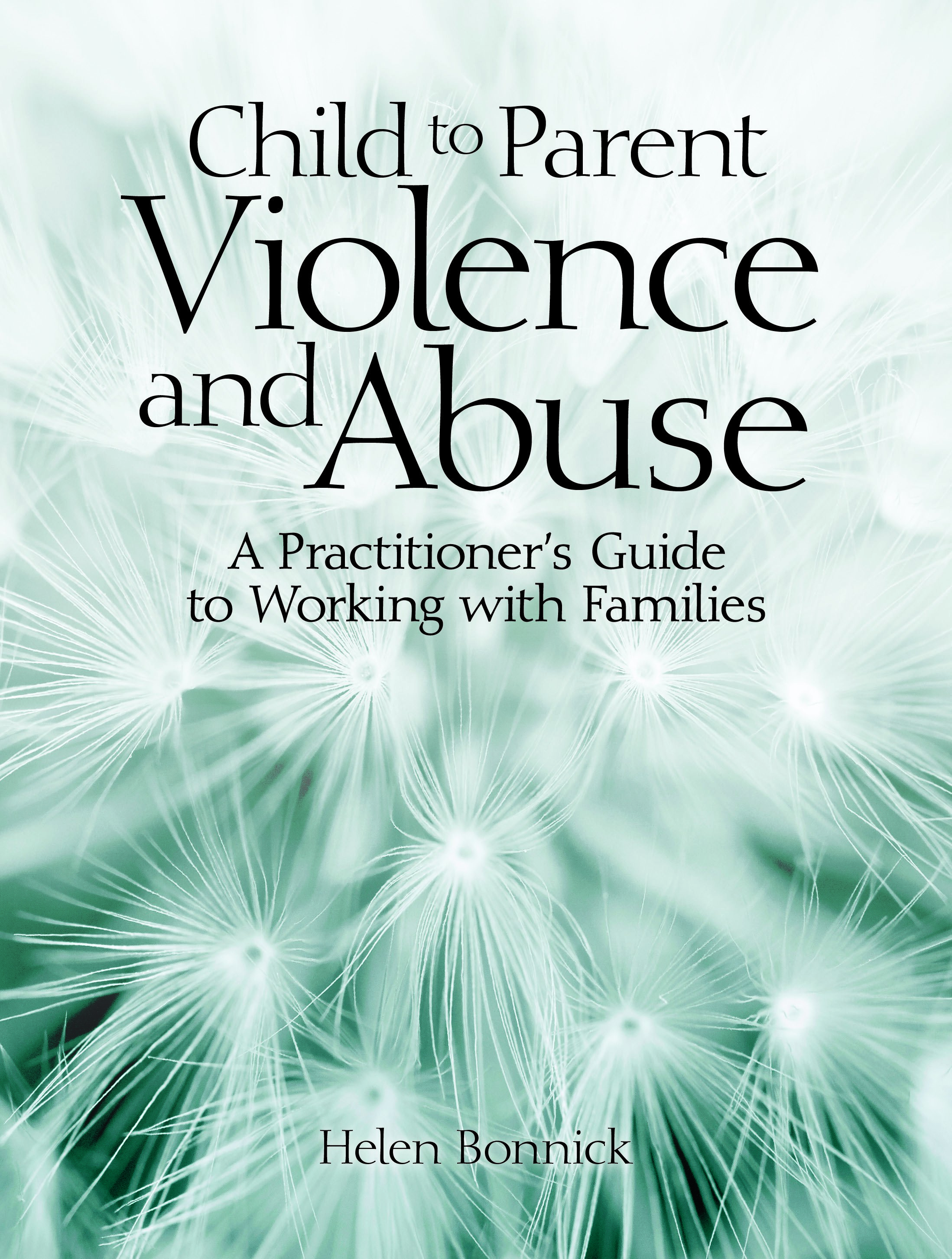We are only just coming to the end of January, but it has been interesting already to read a number of papers which have been published online this month. Two particularly attracted my attention: that from Harries, Curtis, Skvarc, Benstead, Walker and Mayshak, and also this one from Cortina and Holt – ‘This is what happens to people who don’t spank their kids’: An analysis of YouTube comments to news reports of child to parent violence.
Looking at comments posted in response to 4 news items uploaded to the channel, Cortina and Holt offer an analysis in terms of the attributed causes and the proposed solutions. Allowing for the limits of such a piece of work in terms of generalisation, the findings nevertheless suggest that there remains significant public misperception about current understandings of child development, public policy, and the role and reach of different services. Not necessarily a surprise perhaps, but a reminder not to make assumptions of other people’s starting points in our work and conversations; and leading to the conclusion that we need not only to continue to raise awareness of child to parent violence (generally the number one recommendation in much research) but also to educate about wider issues affecting family life. Please do take the time to read the whole paper!
The internet and online forums have been used as a basis for research before (leaving aside the obvious use for literature searches). Holt looked at this in her 2011 publication, “The terrorist in my home ..”, and prior to that I had explored the notion of using the internet as a means of finding help (2010). The internet can be both a lifeline – as far as directories, established peer support, or signposting to reliable sites go (and indeed online access to research!), but the pitfalls are also well established in terms of increasingly polarising positions and the influence it can hold in forming – or reinforcing – opinions.
I had earlier this week become aware of the multitude of YouTube videos which have proliferated on the topic of child to parent violence over the last few years. They range from news clips, through conference sessions, pop psychology, and back to TV shows, some dating from the 1960s. In and of themselves they contain different views and opinions. Inevitably some people will develop their understanding of child to parent violence and abuse through this medium. Some will watch these videos with already well rooted opinions – and prejudices. It is perhaps unlikely that we will ever be able to impact the very fixed views of a minority, but when we have the chance to speak out let us use these opportunities to share our knowledge in a way that is clear and unambiguous, grounded in theory – and authority – but in a way that is accessible and understandable. We have important information to share – and hope to bring!


I think psychiatric illness is under-discussed here. Once my child had a correct diagnosis and appropriate treatment, the violence stopped. She’s a completely different person now. No history of trauma and has siblings who did not engage in CPV. Her issue was truly biochemical and I thank medication and Dr. Marsha Linehan’s DBT for literally changing our lives.